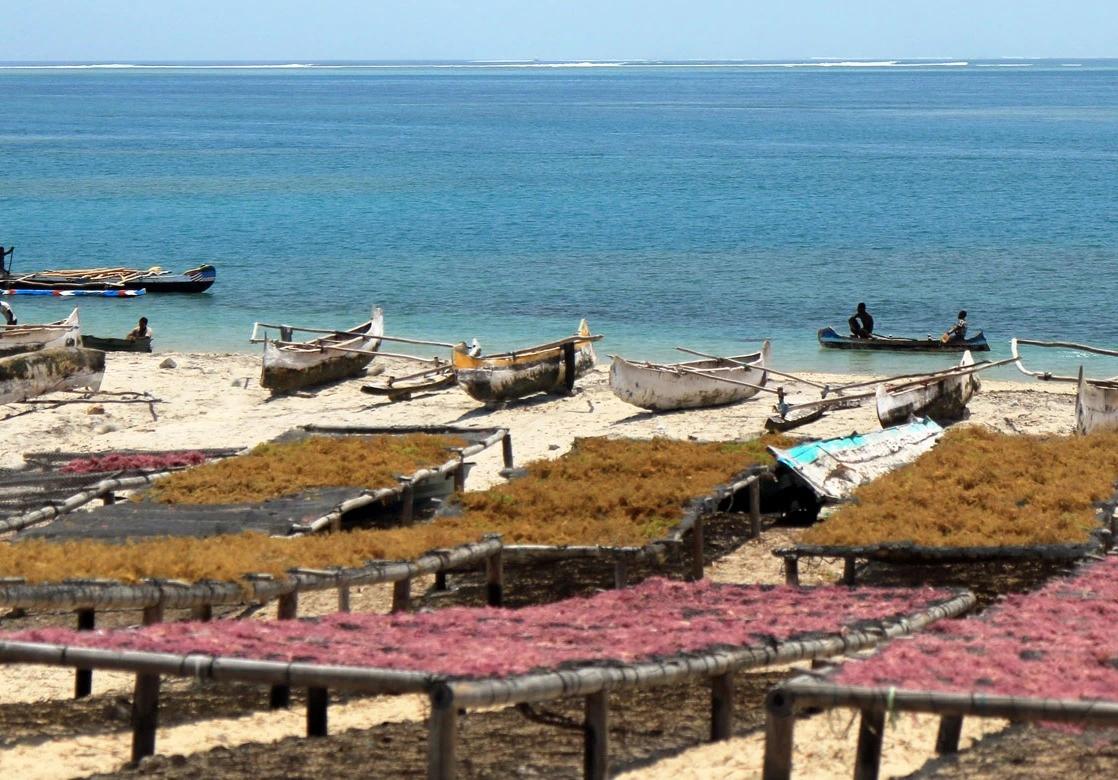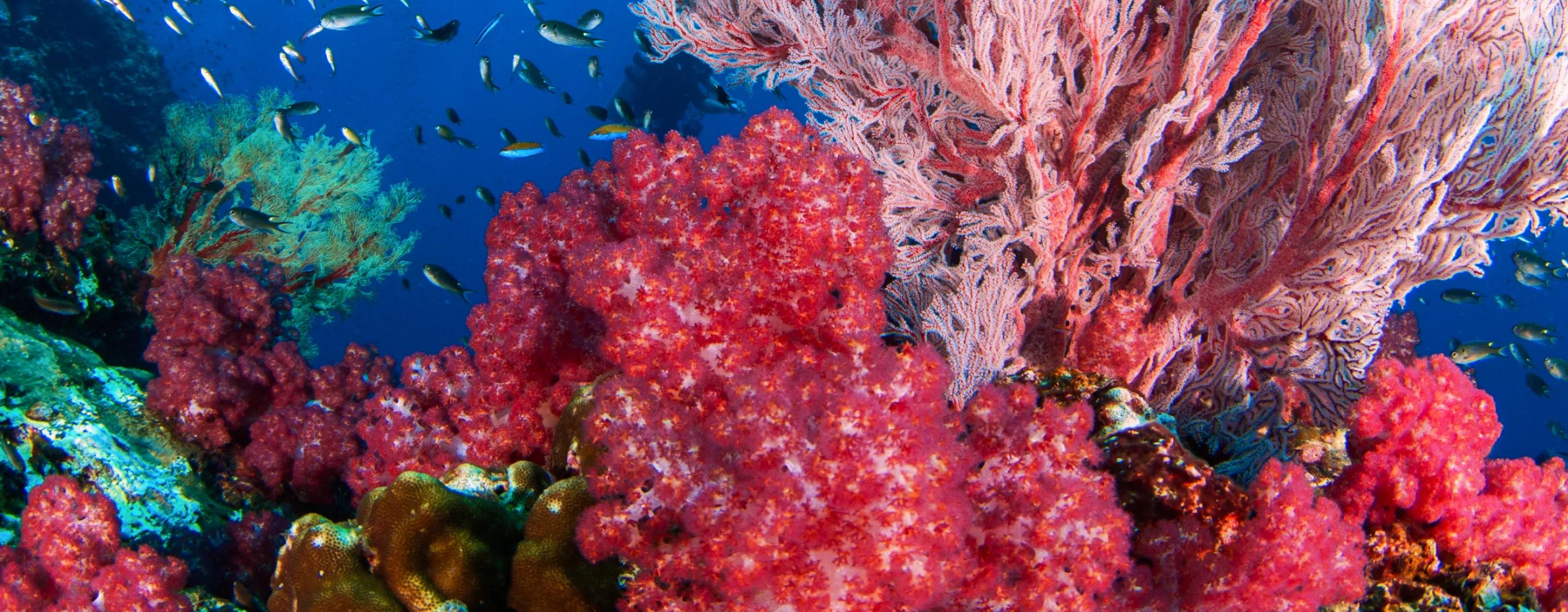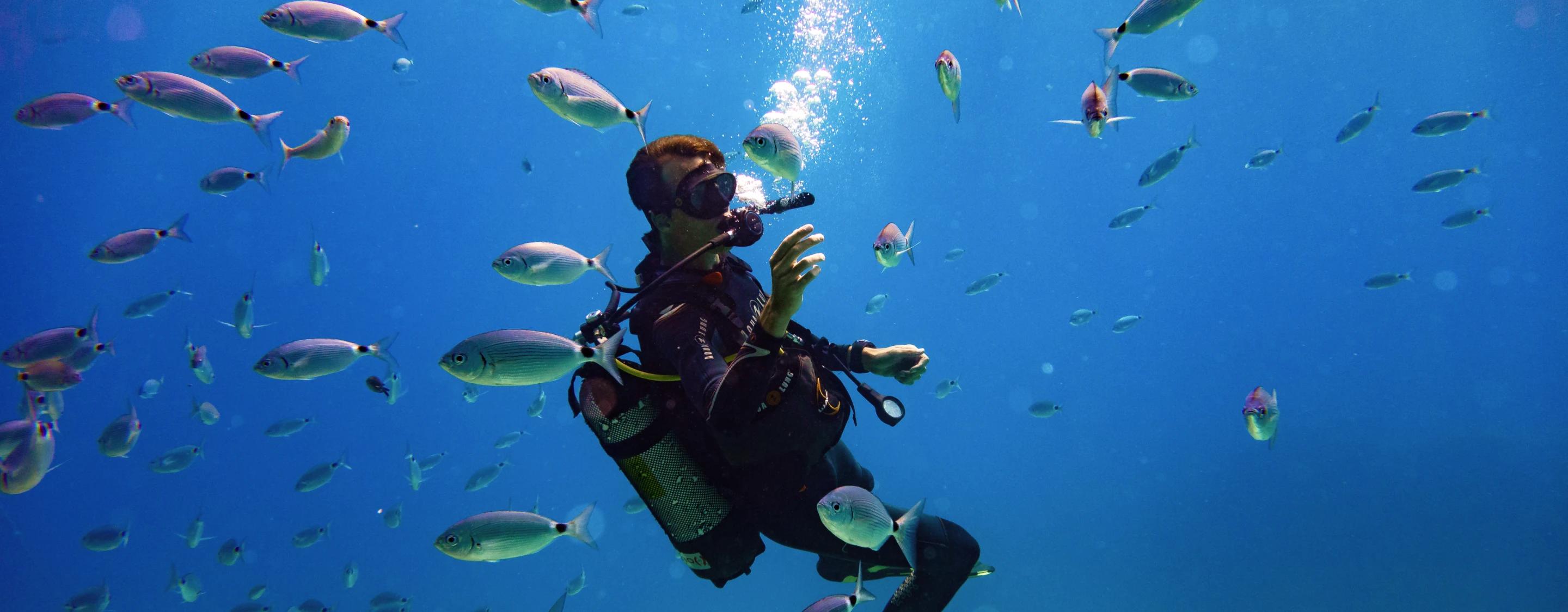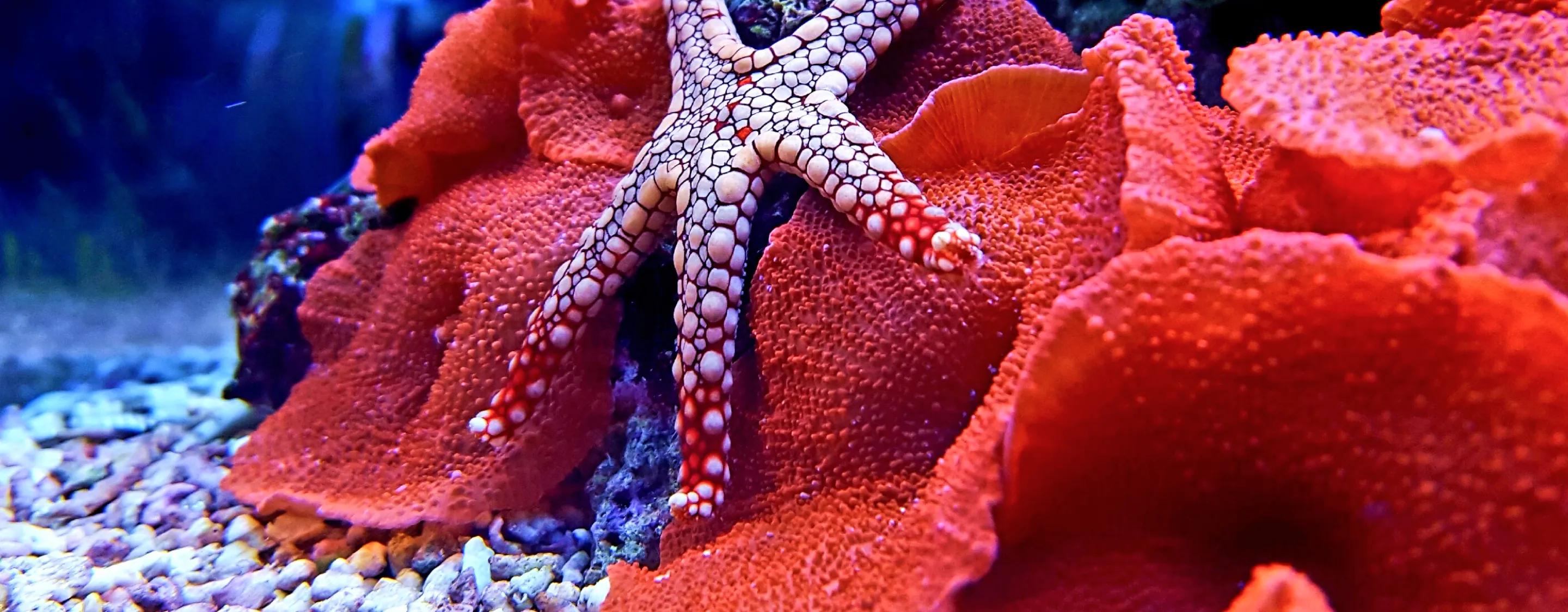
Ocean Farmers
Ocean Farmers is a company that works to develop sustainable aquaculture models in Madagascar. It aims to create an alternative blue economy for sustainable co-management of fishery resources and make aquaculture a real solution to problems such as poverty, resource management, and marine conservation in coastal areas.Ocean Farmers currently contracts 3,000 seaweed farming households, with the activity providing an alternative income source for coastal communities, reducing reliance on destructive fishing practices.
The model used is called "Contractual Community-Based Aquaculture with Relational Governance" which is: Community-Based: This aquaculture model is implemented in partnership with local villagers living along on the coast, in sometimes very remote areas.
Aquaculture activities are proposed to traditional fishermen and migrant communities as an alternative livelihood to fishing or other extractive activities. Contractual: It is a contract-based model with fixed roles and responsibilities signed between the farmers and the company.
The company provides a free supply of equipment, local technical and professional support, and purchases products at guaranteed prices. The farmers commit to a minimum level of participation in the activity and good cultivation practices.
The contract also ensures social and environmental well-being around aquaculture activity. Rational Governance: Meetings are held with farmers and community leaders to discuss daily issues and activity performance twice every quarter.
Local associations - particularly those in charge of Locally Managed Marine Areas and Marine Protected Areas - and international conservation NGOs are also part of the model through MoUs and are consulted regularly.
A coordination forum brings all the partners together every quarter for information sharing, activities coordination, and joint decision-making. The farmers of Ocean Farmers cultivate the Red Algae Kappaphyccus alvarezii from which Carrageenan is extracted, a texturizer used by the agro-food and cosmetic industries.
The algae are cultivated on ropes or tubular nets using two main techniques, off-bottom and longline. After about 45 days of farming, the seaweed is dried on drying tables, through different techniques depending on weather and customers' specifications.
The organization has joined forces with CARGILL in "The Red Seaweed Promise," which has created a bio-climatic risk management scheme at the 5 major cultivation areas, restoring and preserving coral reefs and seagrass beds through algaculture, and has provided capacity-building training courses to farmers.
Ocean Farmers has also participated in building schools, replanting mangroves, reforestation, and cleaning up beaches. The solution can benefit the local communities, marine biodiversity, and industries related to cosmetics and Agro-food.
The team received financial support from The Safe Seaweed Coalition to secure the sustainability and safety of the seaweed cultivation industry in Madagascar by collecting, cataloging, and identifying superior cultivars for commercial production along with a biosecurity policy.
With these funds, Ocean Farmers will develop commercially viable and climate-resilient local strains of Kappaphycus sp. for community aquaculture, in collaboration with academia and the government of Madagascar.



